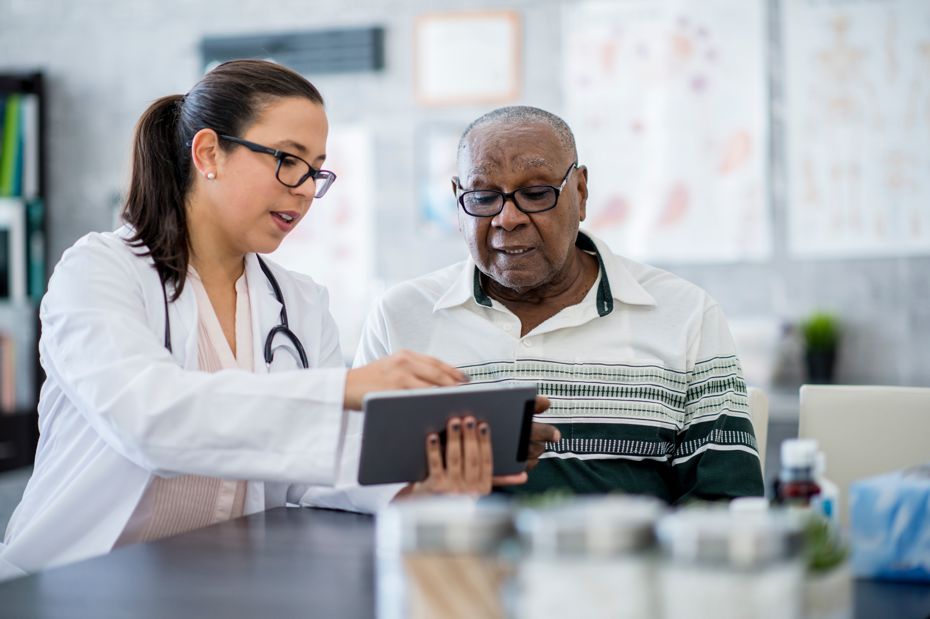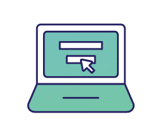The All of Us Research Program believes that information is power. The information in our electronic health records (EHRs) can help us understand our past and present health and make smarter choices in the future. It can also help researchers make health discoveries. That’s why All of Us is gathering EHRs—and why the program is sharing them with participants.
The information in your EHRs can empower you by giving you useful information. They can also add to the scientific value of the other data All of Us is collecting, such as survey answers and blood tests. When researchers study different kinds of data from many people, they can find patterns. Seeing those patterns can help them understand what keeps people healthy, what happens when people get sick, and even why some drugs cause side effects. Your EHRs can help speed up research and medical breakthroughs, which is the reason All of Us was created.
What Is an EHR?
EHRs are digital versions of medical charts. Your EHRs have information about your health and the care you have received. They also have basic health information. This may come from regular visits, like annual checkups. If you see a lot of health care providers, you may have many EHRs. Your health care providers, pharmacists, medical labs, and hospitals can usually see your EHRs.
Right now, only participants who sign up through certain health care provider organizations can share their EHRs with All of Us. We want to thank the thousands of you who have already done this. We are exploring tools to make EHR sharing an option for more participants in the future. This is one of our goals for 2019. Another 2019 goal is to find the best way to share information from your EHRs with you. This is just as important to us as sharing information with researchers. This year, we will work with a small group to test how we give information back to participants. We will use their feedback to make changes before opening the process to everyone.
It’s important to us to get things right. Sometimes that means taking a little extra time. All of Us is a long journey. We hope you will stay with us for 10 years or more so everyone can keep learning.
- Watch our video about why sharing your EHRs is important.
- Learn more about the different kinds of information in your health records.
Sharing your EHRs with All of Us is your choice. If you want to share your EHRs, log in to your account and make sure you agreed to do so in the EHR consent form.











